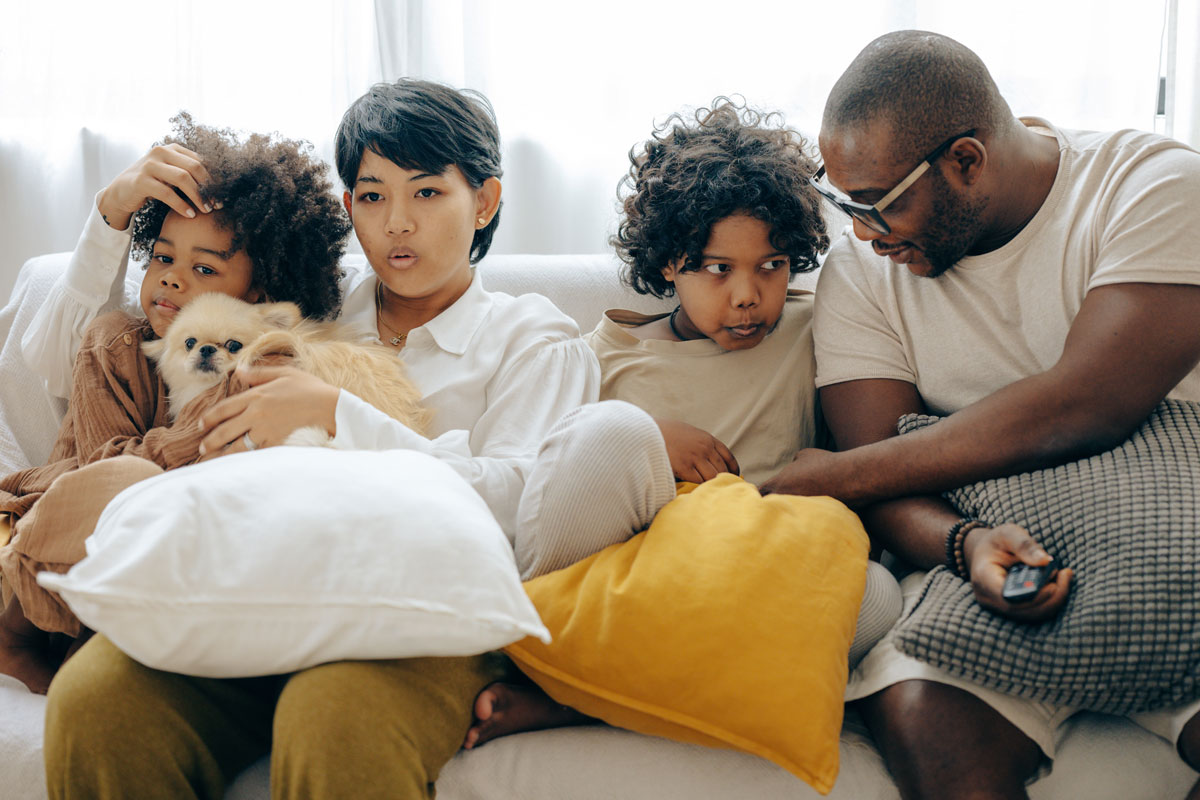Parenting a sibling of a cancer patient

By: Kris Clinese
My son was 12 when my daughter (16) was diagnosed with cancer. He was old enough to understand what cancer is and that there are different outcomes for different people. When we told him about her diagnosis, I could see the fear in his face. He asked, “Is she going to be OK; is she going to die?” My answer was “She is going to be fine! She’s getting the best treatment and we are all staying positive, and she will be OK!” I said it with confidence. I did not get mad at him for asking those questions. I knew he was scared. I was, too, but of course I did not let him see that. Staying positive was the only option.
We made sure to keep his schedule and activities as normal as possible. That was so important to distract him from what was happening to his older sister. He needed that. He saw me take her every Tuesday to Hershey for her treatment. When he got home from school, he would ask how she’s doing, and I would say she is doing great, and she is going to be fine. It was part of the routine for almost a year.
When she wasn’t feeling well or had to be hospitalized for fevers, we made sure to explain to him what was happening and reassure him that everything was going to be OK. We let him come visit her in the hospital so he could see for himself that she was doing OK. We let all his teachers and his guidance counselor at school know what was going on so that they could be there to support him and understand if he didn’t seem himself some days. Parents may not realize how much support the siblings need, as well. They are scared and might not want to show it. They need to know that there are people to talk to outside of mom and dad, if they need to.
We also made sure to spend time with our son one-on-one. That was so important because we got so wrapped up in our daughter’s care, and we did not want him to feel neglected or that we didn’t have as much time for him. We could not have a normal vacation, but we made the best of a few days with local getaways in order to keep some sense of normalcy in his life and have fun. We kept him busy, and we kept him informed of everything that was happening, all the while maintaining positive attitudes and not showing our fear or concern. That was done in private, behind closed doors, when needed.
I think my son handled a year turned upside down by his sister having cancer with maturity, positivity, selflessness and understanding. He got to see that cancer doesn’t always mean doom and gloom and death. He saw his sister’s strength, courage and determination, and he saw her recover. I feel that, as a parent, I helped to set the tone of how my son handled the experience. I was an example to him by my positive attitude, understanding, compassion and caring, not only for my daughter but for him as well.
If you're having trouble accessing this content, or would like it in another format, please email Penn State Health Marketing & Communications.
